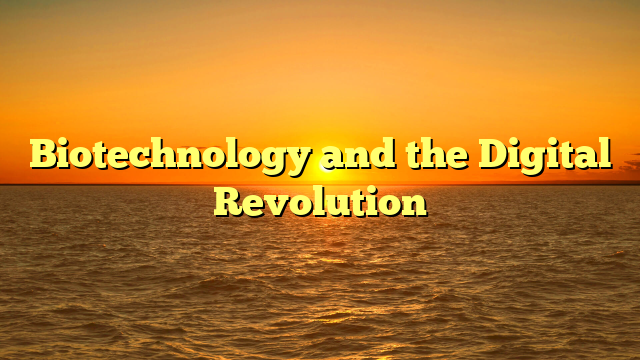Biotechnology has long focused on genetics and medicine, but recent advances in digital technology are accelerating breakthroughs. By combining biology with big data, artificial intelligence, and robotics, scientists are unlocking indo168 new possibilities in healthcare, agriculture, and environmental protection.
In healthcare, biotechnology is moving toward personalized medicine. Genetic sequencing allows doctors to design treatments tailored to an individual’s DNA. AI helps analyze genetic data quickly, identifying risks for diseases like cancer or diabetes. This approach improves accuracy and effectiveness compared to one-size-fits-all treatments.
Biotech is also transforming agriculture. Genetically modified crops can withstand pests, drought, and changing climates, ensuring food security for growing populations. Digital monitoring systems track soil health, water use, and plant growth, helping farmers increase yields while reducing environmental impact.
Environmental biotechnology offers solutions to pressing challenges. Microorganisms can be engineered to clean up oil spills, reduce plastic waste, or absorb carbon dioxide. With AI-driven modeling, researchers can design microbes with specific functions, making ecosystems more resilient.
The convergence of biotech and digital tools also speeds up drug discovery. Automated labs test thousands of compounds daily, while AI predicts which ones are most likely to succeed. This reduces costs and accelerates the development of new treatments.
However, ethical issues arise. Editing genes with technologies like CRISPR raises questions about safety, fairness, and potential misuse. Ensuring that innovations benefit everyone—not just wealthy nations—is a global concern.
In conclusion, biotechnology and digital technology are converging to shape a new era of science. Together, they hold the promise of healthier lives, sustainable food systems, and cleaner environments.
